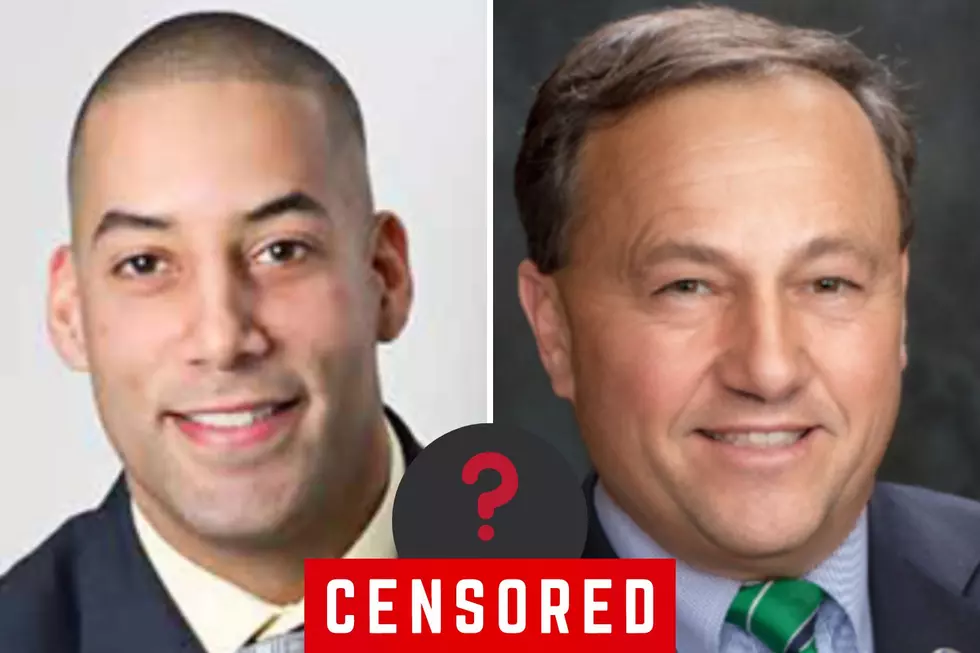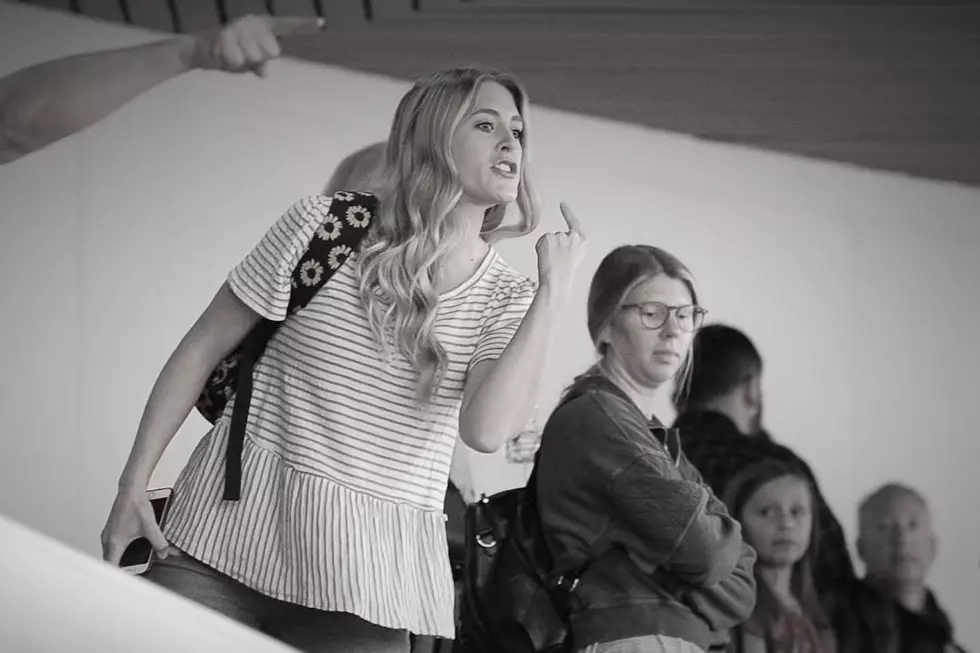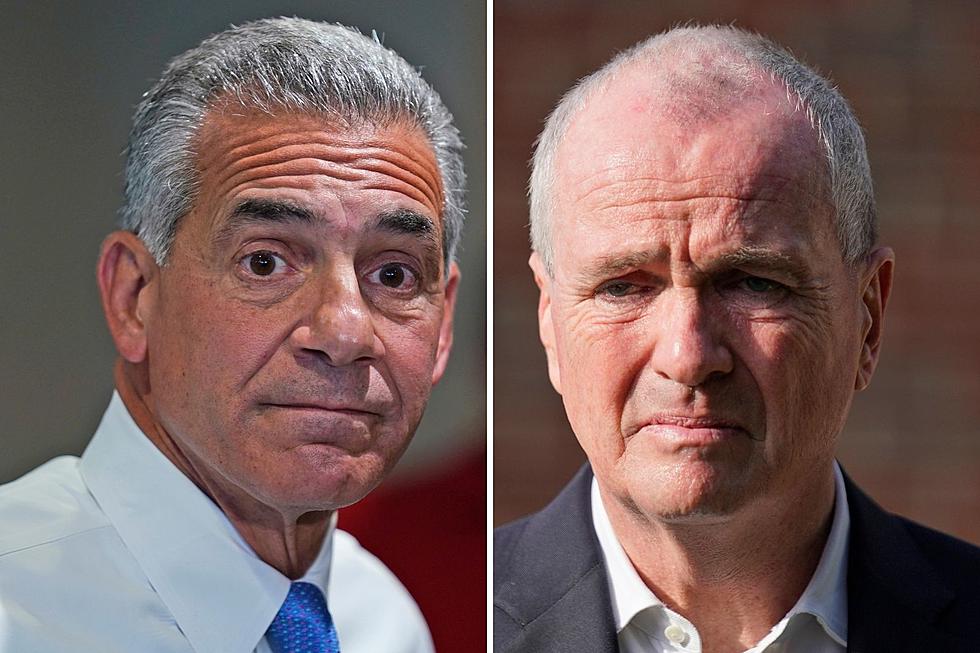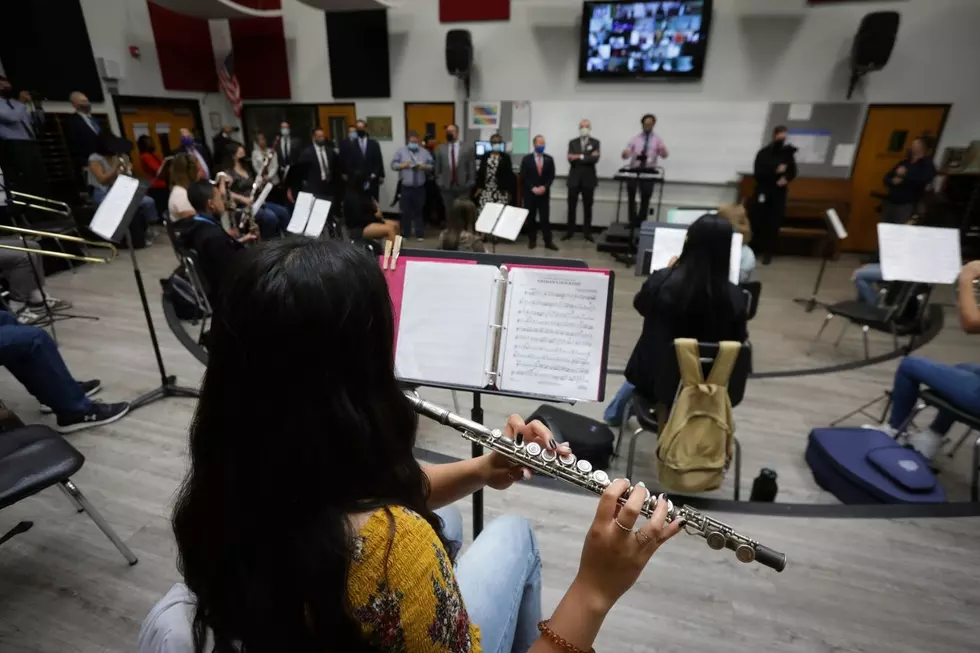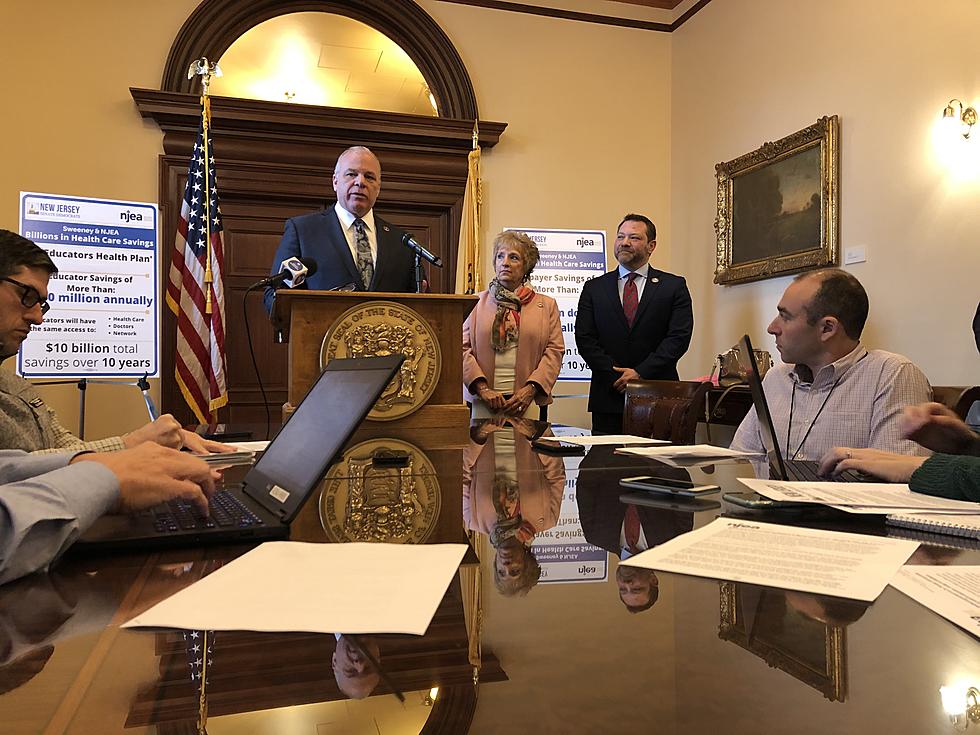![Teacher Sex Scandal in South Jersey – How Much Contact Should Teachers and Students Have? [POLL]](http://townsquare.media/site/385/files/2012/10/triton-teachers-300x1201.jpg?w=980&q=75)
Teacher Sex Scandal in South Jersey – How Much Contact Should Teachers and Students Have? [POLL]
Once I saw the pictures of the accused Triton Regional High School teachers who allegedly had sex with their students, I could see how it could easily happen.
The teachers are kids themselves.
Not that that would ever excuse them…it never does!
However, the generational line between the teachers and students isn’t very far apart…many sharing the same cultural influences…music, internet, and to a very large extent, use of social media.
“This generation of teachers entering the schools has grown up with social media from MySpace to Facebook,” said Mike Yaple, a spokesman for the New Jersey School Boards Association. “From that end of the spectrum, they may not know the boundaries.”
Social media played a role in alleged wrongdoing at Triton, where three teachers and two administrators now face criminal charges.
“School policy prohibits teachers from socializing with students outside of school and communicating by phone or by text message, yet these teachers openly did both,” the Camden County Prosecutor’s Office said in announcing the charges on Thursday.
All three men had signed a school policy that prohibits “inappropriate” comments, language and sexual conduct “toward or with pupils,” according to the prosecutor’s office, which had conducted a two-month investigation in the case.
Social media facilitates the lines of communication between teachers and students, but how open do those lines of communication need to be outside of the classroom.
And here’s a pivotal question…do you feel administrators should be given permission to periodically check teachers’ Facebook profiles to see if any illicit activity is going on between teachers and students…or do you feel that would be going overboard?
Actually I feel the latter.
Administrators and districts, if anything, should be better able to police teachers by making clearly defined guidelines as to how much access they’re to have with students…which I would limit to the classroom; and only in the case of academic necessity, allow a teacher to reach out to a student through a school website.
Borders can blur as teachers may contact students by email or cellphone “if it’s academically necessary,” added Steve Wollmer, a spokesman for the New Jersey Education Association.
NJEA advises teachers to “never get involved” with students on social media.
“It’s not appropriate,” said Wollmer, who noted the union has held conferences on the proper use of electronic communication and social media.
“I’m not saying it’s a clear line,” he said of online communications. “Teachers need to use common sense and prudent judgment when it comes to their students.”
And in the absence of common sense, which for all intents and purposes, seems to be in short supply these days….a strict policy prohibiting teachers to reach out to students via phone, text, or internet, unless it was through the schools website where it could be properly monitored.
How Much Contact Should Teachers and Students Have Outside the Classroom?
More From New Jersey 101.5 FM
